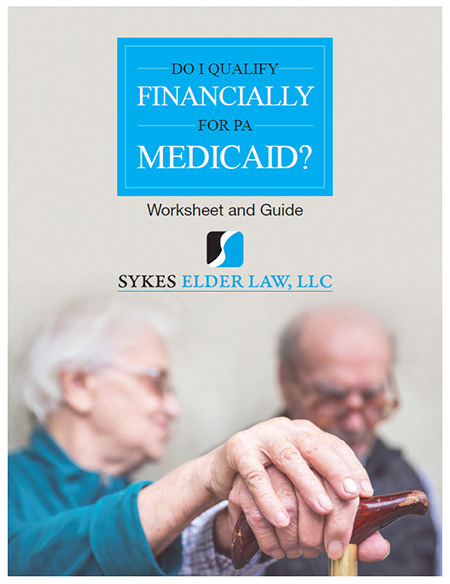There is a subtle but important distinction between the Medicaid look-back rule and the ineligibility rule – while the look-back period is limited to five years, the ineligibility period is not.
Think about that.
If you file a Medicaid application, the state asks you to reveal any transfers of assets in the past five years. Any transfers made before that won’t count. So you might think that any transfers you have made shouldn’t make you ineligible for benefits beyond five years. But here is the tricky thing: the ineligibility period is unlimited.
Here is an example of how these two rules work.
Madge has modest means, but the vacation house her father left to her has greatly increased in value over the years. In February of 2007, when the property was appraised at $650,000, she transferred title to her three children. Since she spent every summer there with her children when they were young, Madge wanted to keep it in the family.
Now in January of 2012 she enters a nursing home. The value of her assets is such that she could qualify for Medicaid benefits to pay for her care in a month or two.
Her nursing home has a policy of routinely filing an application for every new resident that transfers from a hospital, as Madge did. The nursing home, understandably, wants to make sure that every resident who qualifies for benefits gets approved as soon as possible so that the nursing home can continue to get paid.
But look at Question 10 on the Pennsylvania’s Medicaid application:
Within the past 60 months, have you or your spouse closed, given away, sold or transferred any assets such as: a home, land, personal property, life insurance policies, annuities, bank accounts, certificates of deposit, stocks, IRA, bonds or a right to income?
If her application is filed in January, Madge must answer “yes” and list the transfer of title to her children.
The result? The state finds Madge ineligible for Medicaid benefits for 80 months, or more than 6 ½ years! (The ineligibility period comes from a formula based on the value of the property transferred: $650,000 ÷ $8,112.13 = 80.13.) Madge may have to have her children transfer the house back to her, sell it, and spend down much of the proceeds.
The sad part is that Madge wasn’t even eligible for benefits until March. Had she waited until then to file her application, the transfer of title to her children would not have counted because it would have occurred more than five years before.
So if you have made sizeable transfers of your assets, be careful about when you file a Medicaid application. Better planning can help you achieve your estate planning goals.





